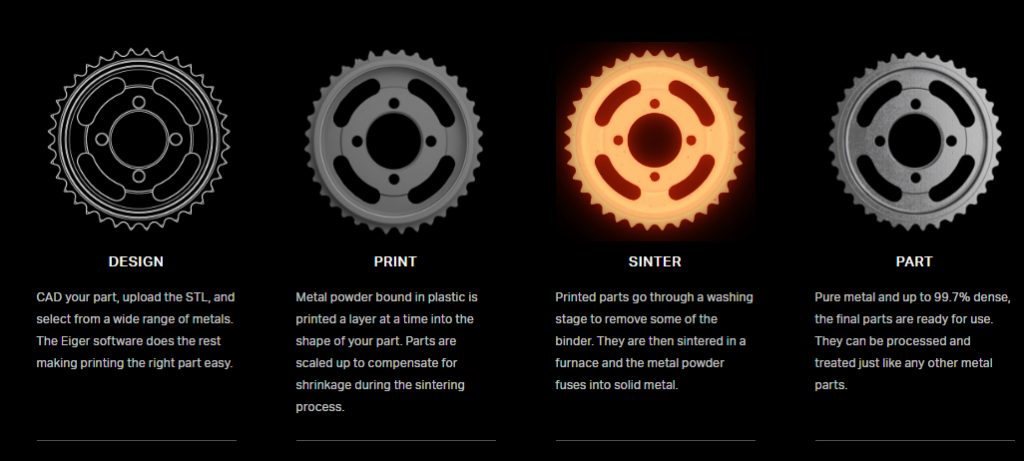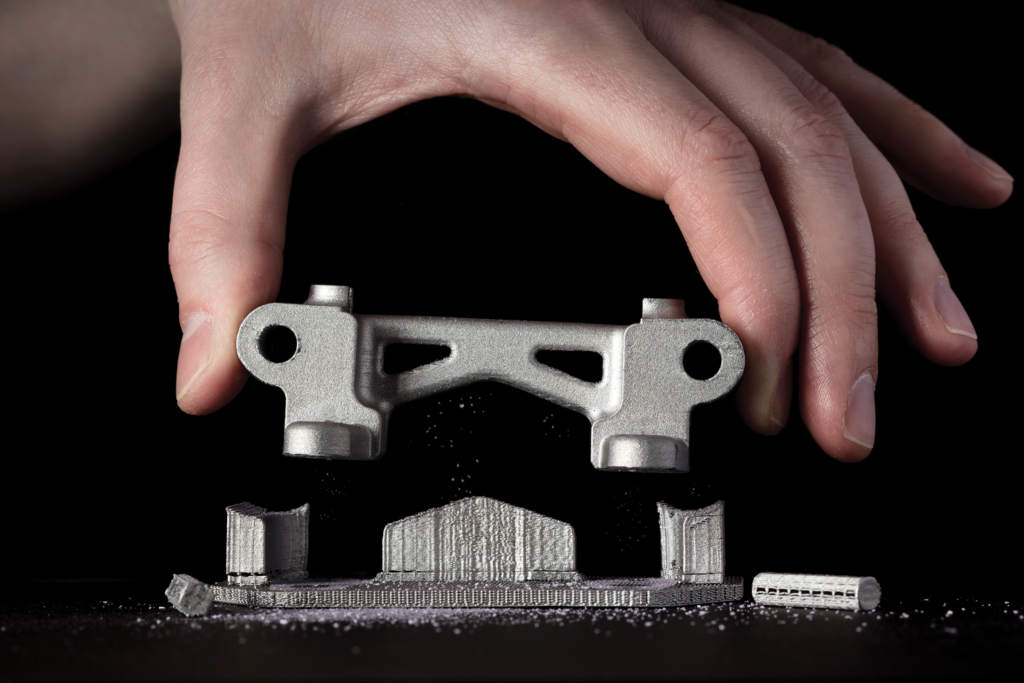On October 2nd 2018, Bostonian 3D printer manufacturers Desktop Metal and Markforged settled a legal case, and a subsequent countersuit, relating to claims of IP infringement, trade secret misappropriation and industrial espionage.
According to a joint press release from the companies involved, “Both Markforged and Desktop Metal acknowledge that neither company, nor the individuals named in the litigation, misappropriated any trade secret or confidential information belonging to the other.”
The full terms of the agreement remain confidential.

Desktop Metal v Markforged
The case first came to the attention of 3D Printing Industry in March 2018. At the start of the year, Desktop Metal filed a lawsuit against fellow Bostonian 3D printer manufacturer Markforged. In this suit, Desktop Metal claimed that technology in the Markforged Metal X printer infringed on a patented method used for easy support removal in Desktop Metal Production and Studio Systems. Through this suit, Desktop Metal sought to delay the shipment of Markforged’s Metal X until matters were resolved.
In response Greg Mark, founder and CEO of Markforged, released a statement denying the allegations and confirming that his company would be filing a countersuit against Desktop Metal.
In the most recent update, Markforged had been cleared of all alleged patent infringement claims and Desktop Metal was awaiting a counter trial.
Now, it seems all claims have been resolved, and both parties have come to a mutual agreement.

Licensing in 3D printing
As the nature of this case’s resolution are confidential the details remain open to speculation.
One possible outcome is a licensing agreement between the two companies. If this were the case, it wouldn’t be the first time this has happened in the 3D printing industry.
Formlabs, maker of the Fuse 1 and the Form series of 3D printers, settled an SLA licensing agreement with South Carolina’s 3D Systems. Formlabs was later challenged by EnvisionTEC over similar issues.
In the case of 3D Systems vs Formlabs, it took approximately 2 years to reach a decision. While the fine details of Desktop Metal and Markforged have not been disclosed, it would be understandable if the parties involved wished to reach a swift conclusion to the matter – especially as the market for MIM powder based metal additive systems continues to heat up.
For all of the latest legal and regulatory updates in 3D printing subscribe to the 3D Printing Industry newsletter, and join us on Facebook and Twitter. Start a new career or find additive manufacturing experts, visit 3D Printing Jobs now.
Featured image shows the Desktop Metal Studio System™ furnace sinters parts to temperatures near melting, producing metal parts with properties comparable to wrought metal. Photo via Desktop Metal



